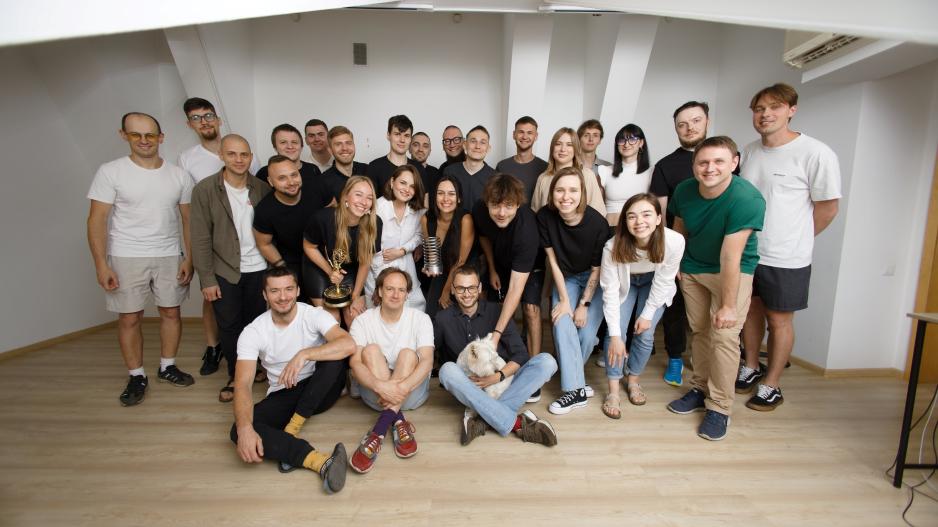Resounding Reflections: AI's Ethical Frontier
Anna Bulakh on Juggling Voice Cloning, Ethics, and Emerging Threats
Anna Bulakh, the esteemed Head of Ethics and Partnerships at Respeecher, an Emmy-awarded voice cloning technology company based in Ukraine, is set to grace the Reflect Festival stage on September 21. With a profound background ranging from her role as a former Policy Advisor at Reface and tech co-founder of the counter-disinformation tool Cappture, to her extensive experience in security and defense policies, she's poised to lead a riveting session. Titled "Integrating AI ethics & assessing threats: what to look out for as an emerging tech company?", the session will be held at the Carob Mill in Limassol from 16:40-17:00, aiming to shed light on the intricate realms of AI regulation, copyright legislation, and the ethical challenges these domains present for budding tech firms.
As we eagerly anticipate Anna's insightful session, we reached out to gather a sneak peek into her perspectives on this timely subject. Our conversation with Anna delved deep into the uncertainties of AI regulation and copyright legislation. She highlighted the importance of startups prioritizing transparency and ethical practices right from their inception. Beyond the regulations, Anna passionately discussed the confluence of international security, resilience policies, and AI's burgeoning landscape. She also provided an intimate look at how her company, Respeecher, walks the tightrope of innovative voice cloning technology while upholding strict ethical standards. Moreover, Anna touched upon the overarching theme of the festival, sharing her vision on how her session aims to foster reflection on AI's present and future implications.

In the uncertain landscape of AI regulation and copyright legislation, my key advice for startups is to prioritize transparency and ethical considerations from the outset. Embrace open dialogues with stakeholders, including potential regulators and content creators, to shape responsible practices. Understand that AI's rapid evolution necessitates adaptable strategies and proactive engagement with the legal and ethical dimensions of your innovations.
International security and resilience policies intersect with the tech industry, particularly AI, as they underpin the foundations of trust and stability. In a world where AI influences critical sectors, like autonomous systems and cybersecurity, these policies become essential. Ensuring responsible AI development aligns with national and international security interests, promoting both innovation and safeguarding against potential threats.
Businesses must strike a balance between innovation and ethical integrity in the next decade by fostering a culture of responsible AI. This involves robust ethical frameworks, continuous education, and collaboration with diverse stakeholders. Innovations should prioritize human values, privacy, and fairness to maintain public trust while driving technological progress.

At Respeecher, we navigate the fine line by championing ethical voice cloning applications and establishing stringent ethical guidelines. We actively engage with stakeholders, including industry, regulators, and ethicists, to ensure our technology benefits society without harm. Responsible innovation in voice cloning requires proactive measures and a commitment to preventing misuse. It is also a competitive advantage for the companies as we have direct access to the Hollywood studios, we received an Emmy award, and put trust in AI ahead.
My session at Reflect Festival prompts attendees to reflect on AI's present and future by highlighting the ethical considerations intertwined with technological advancements. It encourages critical thinking about the responsible development and use of AI, fostering a dialogue that shapes a more honest and equitable AI-powered world.







